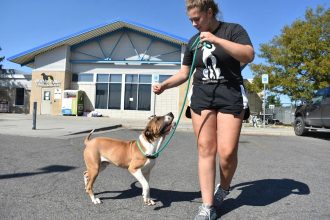Poor sanitation has been identified as the leading risk factor for acute respiratory infections among children under five years old in Nigeria, particularly in the northern region.
Dr Oluwaseun Addie, who holds a doctorate in medical geography, disclosed this in Ibadan on Monday while speaking with newsmen on the research on ARIs.
Addie, one of the researchers and a member of the Olympic Consciousness Initiative, a non-governmental organisation in Lagos, however, called for targeted interventions across different states.
He said that the research, which analysed data from recent national surveys, revealed that ARIs accounted for nearly 20 per cent of deaths in children under five globally.
According to him, in Northern Nigeria, additional contributors to the high prevalence of ARIs include low-quality housing, poverty, and early childbearing among young mothers.
“The research, using data from recent national surveys, shows that poor sanitation is the biggest risk factor for these infections,” he said.
Addie stated that the study, however, stressed that the causes of ARIs differed across states, making it critical to tailor preventive interventions to local conditions.
“For example, in some states, improving sanitation should be the top priority, while in others, addressing poverty and housing quality might have a bigger impact.
“This information can help policymakers and health workers target prevention strategies more effectively, ultimately saving young children’s lives in Nigeria,” he said.
According to him, the report concludes that evidence-based, location-specific interventions are essential to effectively manage and control ARIs among Nigerian children under five.
NAN









